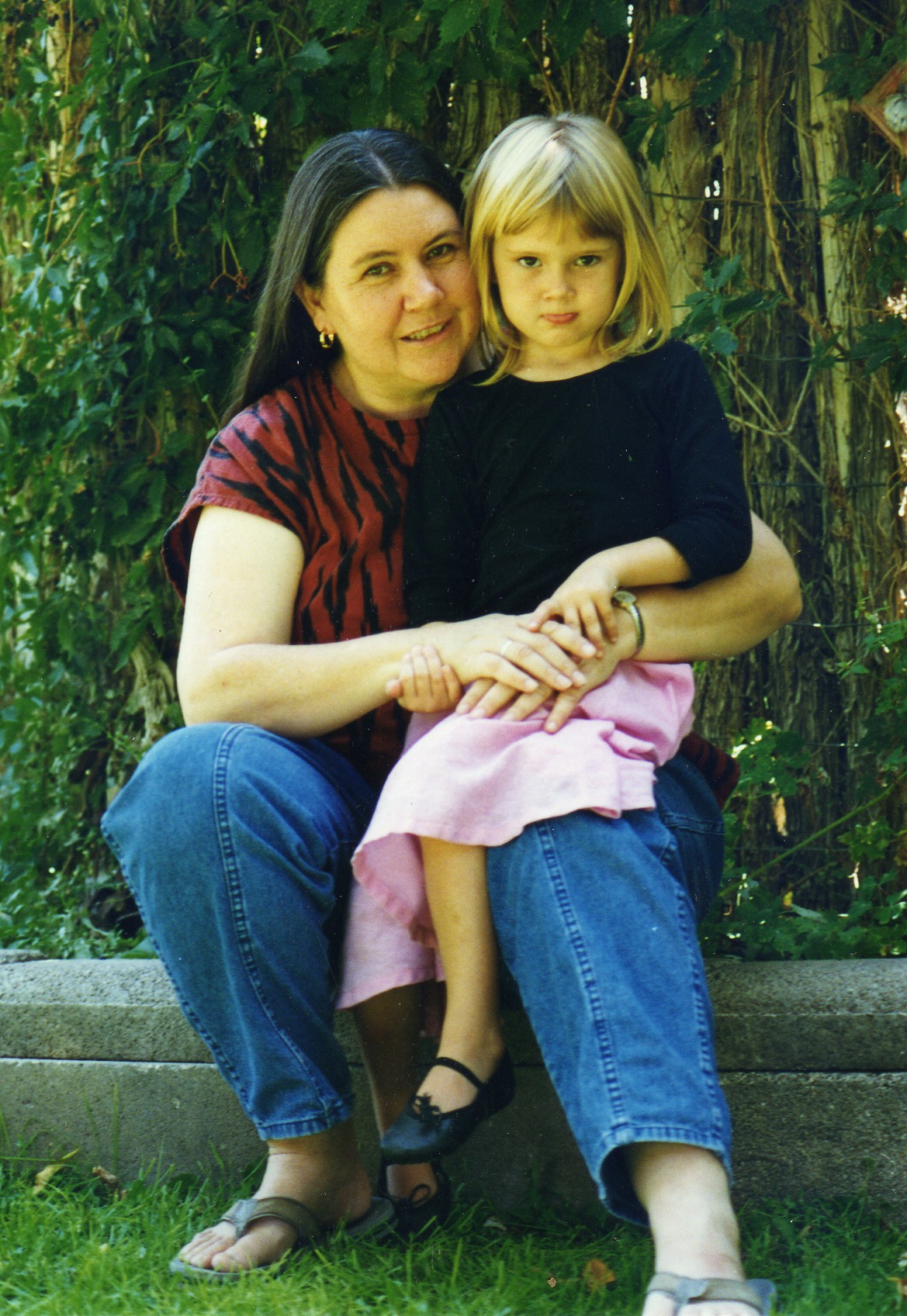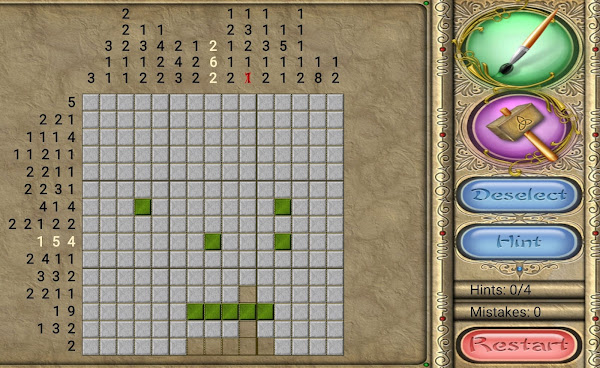Those who divide the world into academic and non-academic will maintain rules, bedtimes, chores even though they might not be "having lessons" in history, science, math or language arts.
So the history of "radical unschooling" came from someone saying "Well we're not that radical," and me saying "well I am."
I think if people divide their lives into academic and non-academic, they're not radical unschoolers.
I think unschooling in the context of a traditional set of rules and parental requirements and expectations will work better than structured school-at-home, but I don't think it will work as well for the developing souls and minds of the children involved.
And those who are not radical unschoolers would look at that and say "What do their souls have to do with unschooling?"
It has to do with philosophy and priority.
What do you believe is the nature of man, and the duty of a parent?
What do you believe hinders a child, or harms the relationship between a parent and a child?
Real actual unschooling
photo by Cathy Koetsier




















